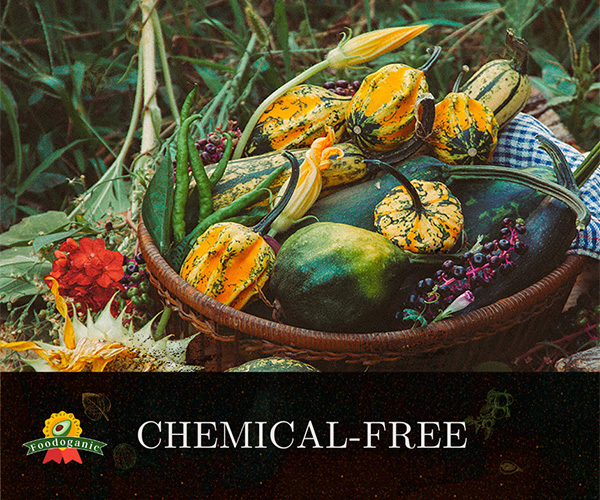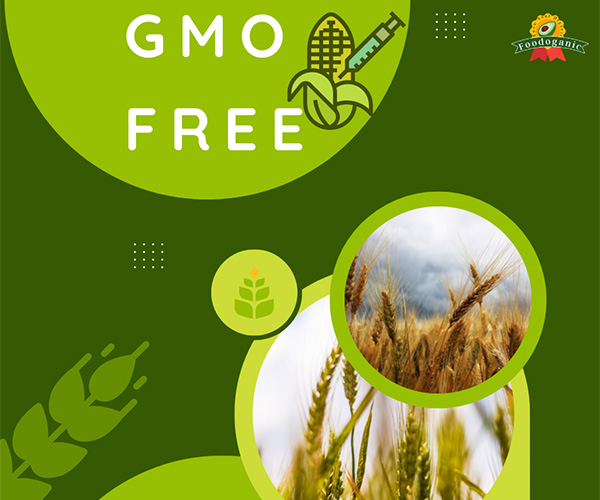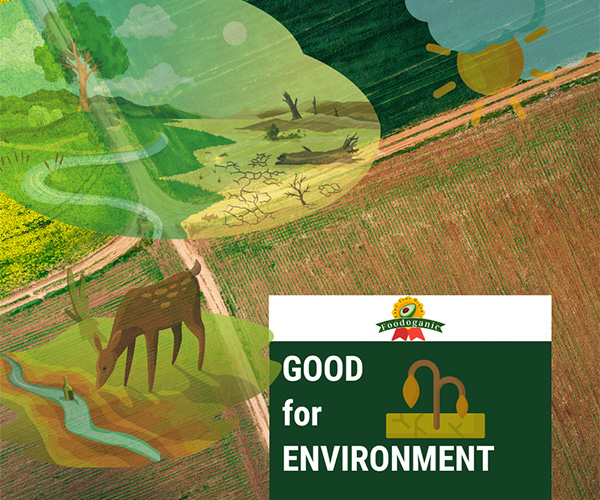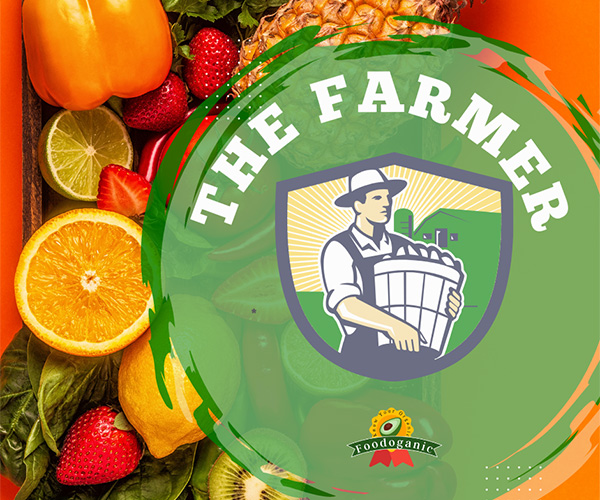Free from Artificial Chemicals
The term 'Organic' alludes to how food is produced. Organic means lesser or no use of chemicals, synthetics, no additives, no artificial flavor, no pesticides or fertilizers, and so on. To be named Organic, food should be liberated from chemicals and added substances.
Presently the question is how can one comprehend which food is organic and which food isn't? You can find this answer at the back of the food packaging. Suppose you run over words like - Phthalates, Perfluoroalkyl Chemicals (P.F.C.s), Perchlorate, and Artificial food tones, composed on the packet. In that case, it's ideal to keep away from it, as they have been processed with chemicals which can hurt the body over the long haul. If you're searching for food that is affirmed organic and natural, you should search for items that are validated by bodies like USDA, Indian Organic, Jaivik Bharat etc. The verification from these bodies is proof of genuine organic items.
You should be aware of the realities about organic and non-organic food that would assist you with settling on a mindful choice.






